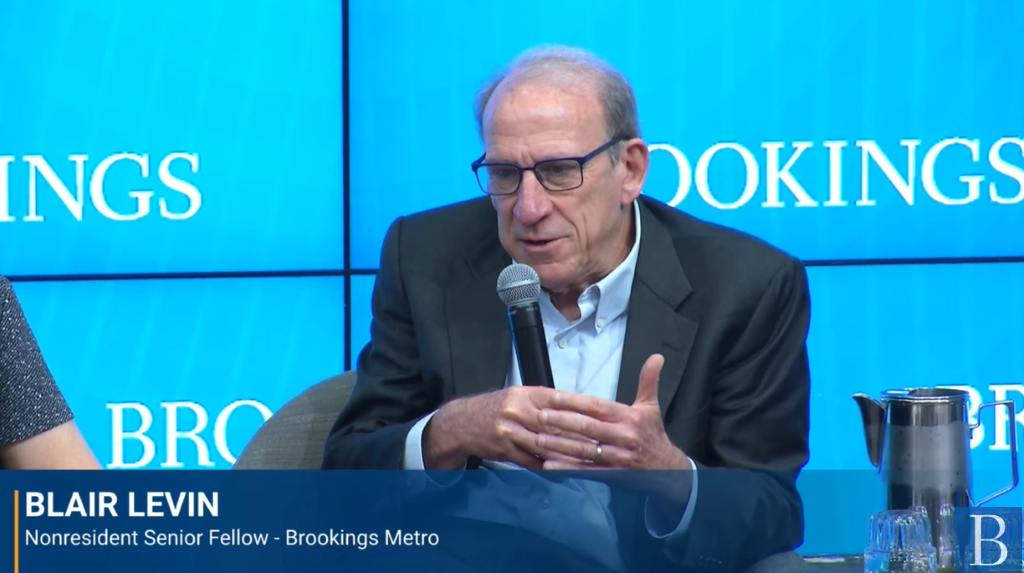With Inflation and Supply Issues, Delays in Broadband Builds Increases Costs
States are facing increasing costs and difficulties in deploying IIJA-backed broadband projects.
Teralyn Whipple

WASHINGTON, May 18, 2023 – From a purely economic perspective, states would have been better off investing in broadband buildouts before waiting for the Federal Communications Commission’s broadband maps, said Blair Levin, senior fellow at Brookings Metro at a panel on Thursday.
The Infrastructure, Investment and Jobs Act signed into law in November of 2021 allocated $62.5 billion to broadband projects. The FCC was tasked to provide a national map of broadband availability, the first iteration of which was released in November of 2022.
Private markets decided to upgrade their networks to fiber right as federal funds were being announced, said Levin. Because of this investment, public fiber investments are now competing against private companies for equipment, supplies and labor, he said, which delays builds and drives up prices.
According to Levin, the average inflation for fiber projects in 2022 was about 20 percent.
This delay in buildout will translate into a deficient amount of funding for state broadband projects, he said. If projects were built out immediately, the money could be enough to connect 100 percent of a community. Now may represent enough to connect only 99 percent, Levin said.
Not only must states face increasing deployment costs and workforce shortages, state broadband offices are also facing a capacity problem, said Levin. Federal broadband infrastructure grant programs require states to establish new broadband offices that are essentially startups, he said.
Community engagement
Broadband offices are also tasked with involving community stakeholders in new investments.
Because there are so many requirements for community engagement in the IIJA, we are seeing more visibility at the local level, said Judith Dangerfield, managing director of Racial Equity Governing Agenda at PolicyLink. We are seeing mechanisms for ways communities can negotiate the terms of the investment such as the jobs and wages provided, she said.
“I see a real intent on finding innovative and compelling ways to engage citizens,” said Dangerfield. Citizens need to be included not only in goals and plans, but also in the permitting process to determine where buildouts should be authorized, she said.








